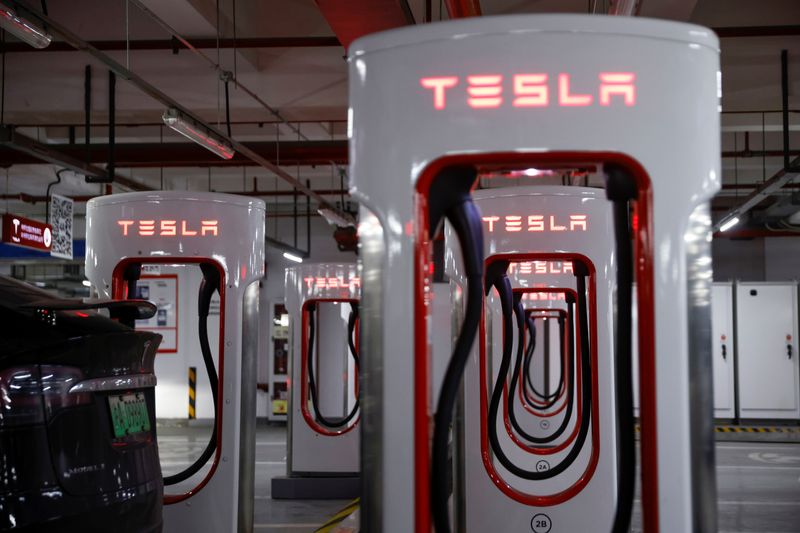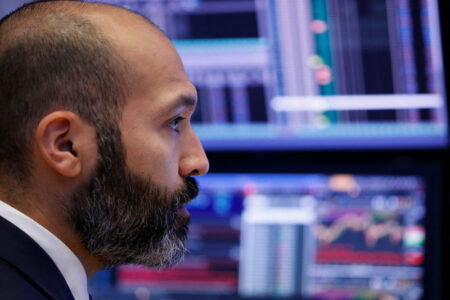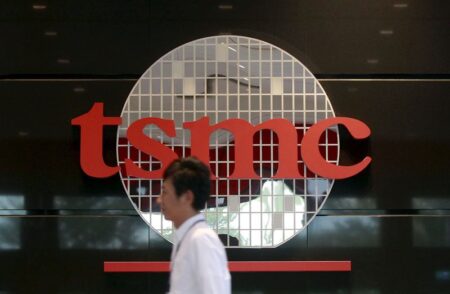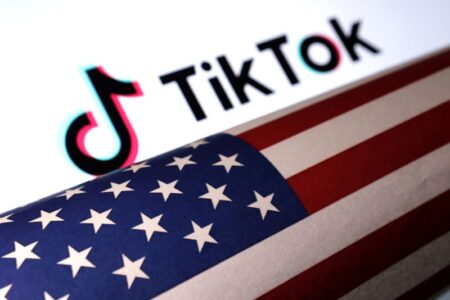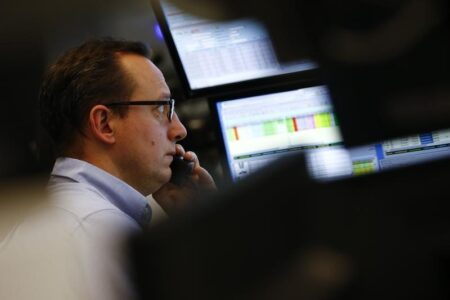Investing.com — A recent study has unveiled that companies with high-level political connections within their board of directors tend to have a higher market perception of their cash holdings. The research was led by the University of Portsmouth and was published in the British Journal of Management.
The study scrutinized 16,706 data points from Chinese firms across nine years, focusing on factors like the company’s cash reserves, each director’s position in the power hierarchy, and corporate governance measures. The primary aim was to discern how political power influences the market value of corporate cash holdings.
The results disclosed that directors with significant political power, such as those at the Bureau-Department level and higher in China’s civil service, can boost the flow of money by accessing more resources and better investment opportunities. Conversely, directors with low-level political power have minimal impact on corporate cash value.
While the study is primarily focused on China, its findings hold implications for countries where political capital influences corporate success. The research offers actionable insights for company boards and policymakers worldwide, suggesting that firms evaluate the specific political and professional expertise of potential directors and use high-ranking political ties to increase the company’s value.
Professor Jia Liu, Director of the University of Portsmouth’s Centre for Innovative and Sustainable Finance (CISF) and the lead author of the study, emphasized the importance of these findings for shaping better political strategies and government practices. He also noted that the study challenges the idea that all politically connected directors are equally beneficial, indicating that political capital is not a one-size-fits-all asset.
The research also suggests that governments and regulatory bodies can use these findings to inform corporate governance policies, ensuring that political connections are used to strengthen economic growth and not just individual profit.
Recent examples of political sway in business include the case of UK businesswoman Michelle Mone, who has been accused of using her position in the House of Lords to help a company linked to her family secure major government contracts during the COVID-19 pandemic. In the US, Elon Musk, owner of Tesla (NASDAQ:) and X (Twitter), was appointed as a co-chair of Donald Trump’s newly created Department of Government Efficiency (DOGE), raising concerns about his influence over government policy and the regulatory environment of his businesses.
The study was a collaboration between the Universities of Portsmouth, Birmingham, Sheffield, and St Andrews.
This article was generated with the support of AI and reviewed by an editor. For more information see our T&C.
Read the full article here







